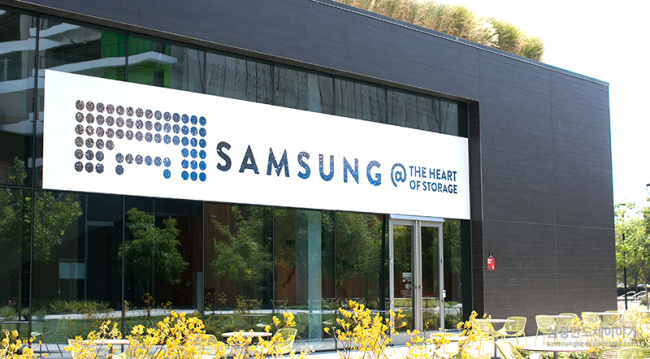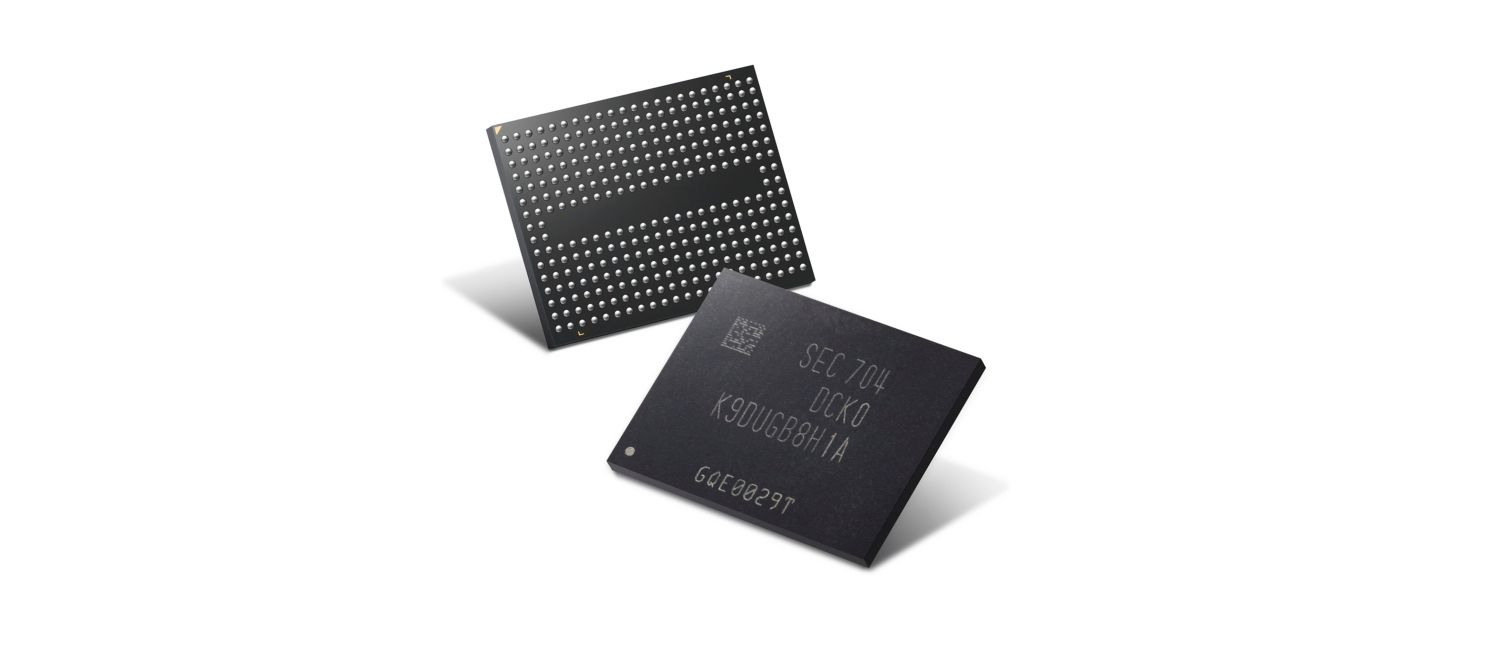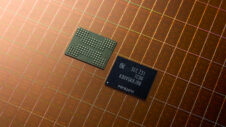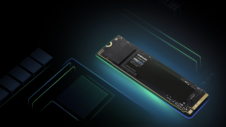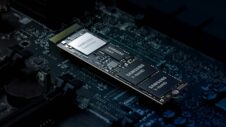Samsung has introduced its V-NAND based storage solutions to meet the requirements of next-generation data processing. The company also showcased solutions based on an array of solid state drives (SSDs) at this year's Flash Memory Summit that was held in August in Santa Clara, California. Samsung announced that it would launch 1Tb V-NAND chips next year, which will be the industry's first three-dimensional NAND chip.
The role of flash memory has become critical in accelerating data that needs to be extracted for real-time analysis. The South Korean semiconductor giant hopes that SSDs will be at the forefront of enabling today's most data-intensive tasks such as artificial intelligence, machine learning, real-time analytics and parallel computing. Samsung plans to start the mass production of these storage components in Q4 2017 while trying to standardize the form factor with industry partners.
Jeong Jae-heon, the executive vice president of Samsung's Solution Development arm, introduced the company's V-NAND chip fabrication plant at Pyeongtaek in the Gyeonggi province of South Korea at a keynote that was attended by over a thousand industry officials. The company's device solutions business accounted for more than 70 percent of operating profits for the first half of 2017.
With the arrival of Samsung's 1Tb V-NAND chips, it will be possible to make a 2TB memory in a single package using 16 1Tb dies. It will represent one of the most important advancements in the memory segment in the past ten years. The company also said that it is sampling the industry's first 16TB SSD, which will improve the storage capacity and input/output operations per second of rack servers.
“Our new, highly advanced V-NAND technologies will offer smarter solutions for greater value by providing high data processing speeds, increased system scalability and ultra-low latency for today’s most demanding cloud-based applications. We will continue to pioneer flash innovation by leveraging our expertise in advanced 3D-NAND memory technology to significantly enhance the way in which information-rich data is processed,” said Jin Gyo-young, executive vice president and head of memory business at Samsung Electronics.
Samsung also demonstrated a reference server system with 576TB of storage in a 1U rack unit, the smallest standard unit for a server rack. The company used 36 16TB SSDs to build the reference server, which can deliver up to 10 million random read input/output operations per second, which is three times compared to a 1U rack unit build using standard 2.5-inch SSDs.
